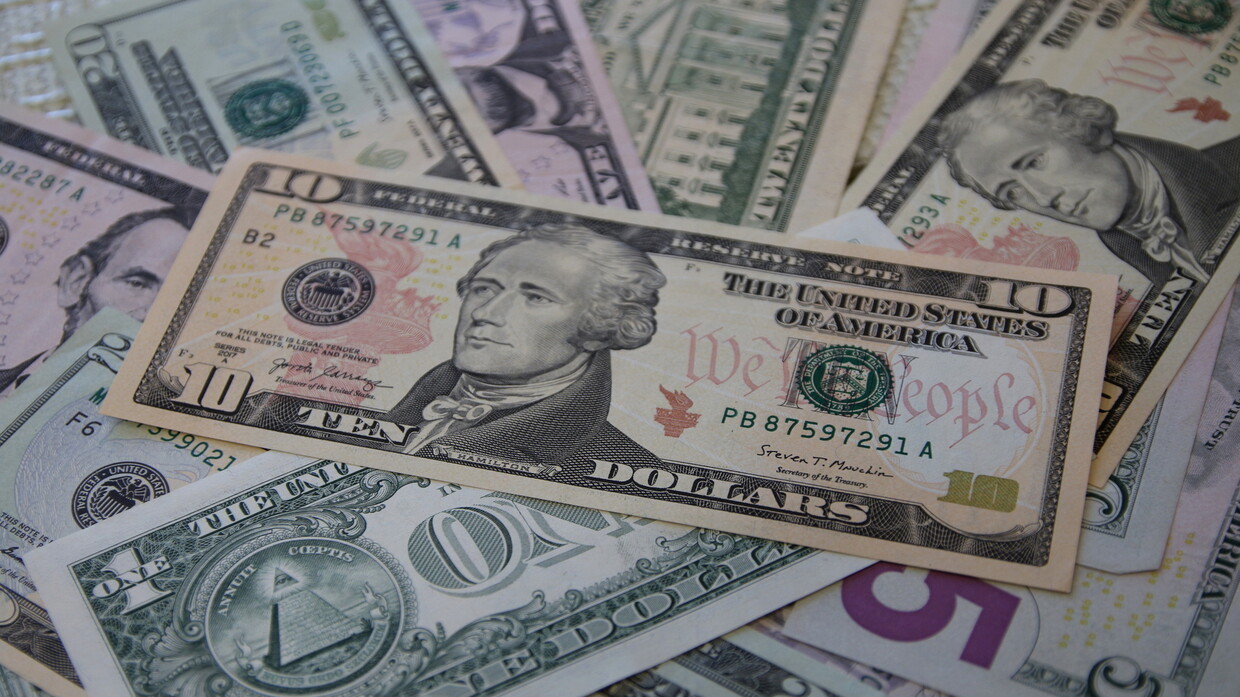
Brasilia - Saba: Brazilian economist Paulo Batista stated on Monday that confidence in the dollar as a global reserve currency is increasingly declining as more countries seek alternatives to the U.S. currency.
In an interview reported by Russia Today, Brazil's former representative to the International Monetary Fund, Paulo Nogueira Batista Junior, confirmed that the dollar and the IMF are often used as tools against countries that do not have the West's approval.
The economic expert emphasized that the U.S. dollar has become a dangerous currency, citing the situation of Russian reserves as an example. He pointed out that approximately $300 billion of Russian sovereign assets are currently frozen in Western jurisdictions.
Batista noted that the United States "is the main enemy of the dollar" because it increasingly uses its currency as a weapon. This approach has compelled a number of countries to seek alternatives to the Western financial system.
Despite this, Batista acknowledged that the dollar will remain an "important" currency. However, he stressed that using the dollar as a weapon against nations perceived as hostile to the West undermines confidence in the currency.
Regarding the methods of coercion employed against countries deemed hostile or conciliatory toward the West, Batista highlighted the role of the IMF, which he believes functions more as a political tool in the hands of the West and the United States than as a true multilateral institution.
In an interview reported by Russia Today, Brazil's former representative to the International Monetary Fund, Paulo Nogueira Batista Junior, confirmed that the dollar and the IMF are often used as tools against countries that do not have the West's approval.
The economic expert emphasized that the U.S. dollar has become a dangerous currency, citing the situation of Russian reserves as an example. He pointed out that approximately $300 billion of Russian sovereign assets are currently frozen in Western jurisdictions.
Batista noted that the United States "is the main enemy of the dollar" because it increasingly uses its currency as a weapon. This approach has compelled a number of countries to seek alternatives to the Western financial system.
Despite this, Batista acknowledged that the dollar will remain an "important" currency. However, he stressed that using the dollar as a weapon against nations perceived as hostile to the West undermines confidence in the currency.
Regarding the methods of coercion employed against countries deemed hostile or conciliatory toward the West, Batista highlighted the role of the IMF, which he believes functions more as a political tool in the hands of the West and the United States than as a true multilateral institution.